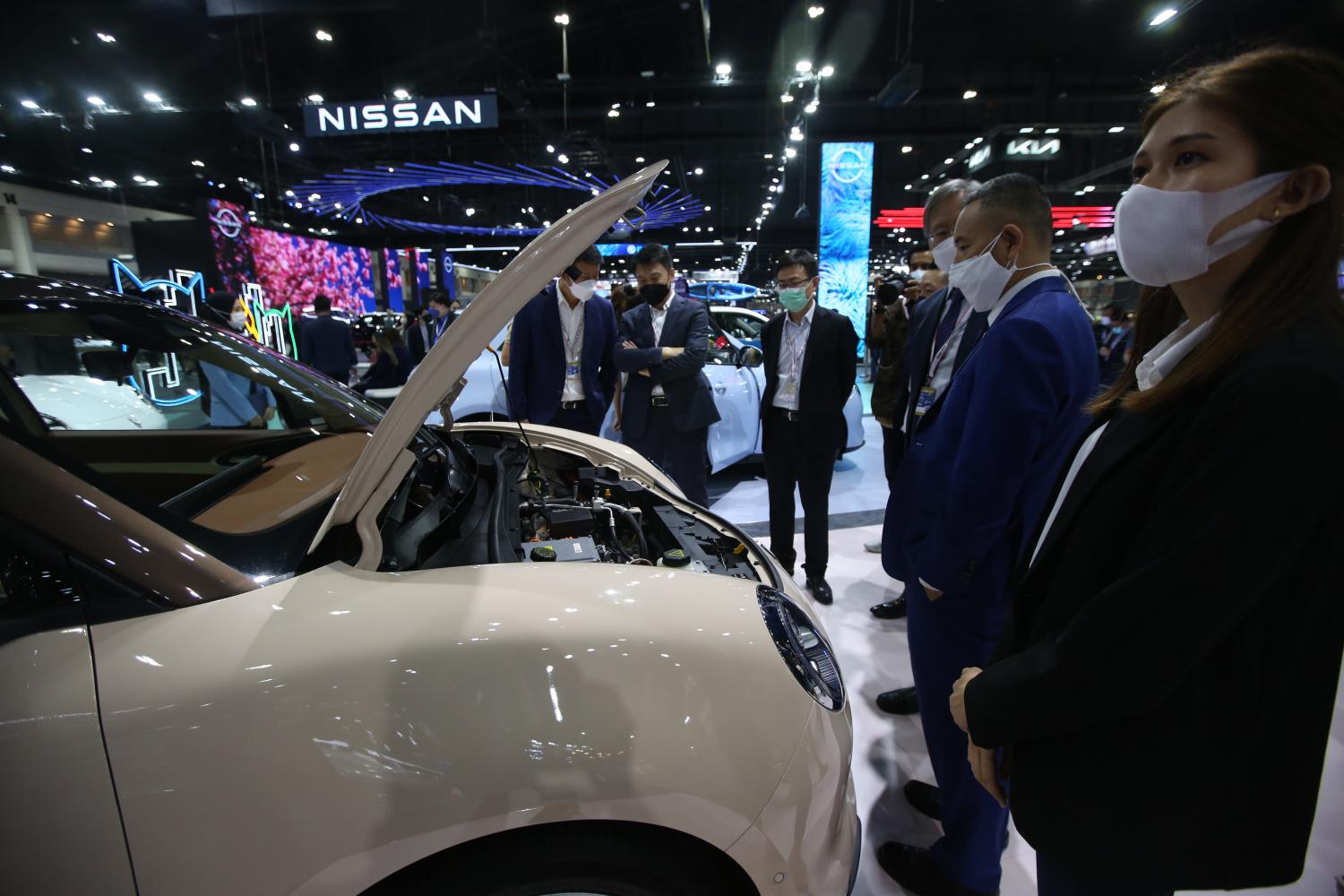
A Japanese and a Chinese car manufacturer plan to invest in producing battery-powered pickups in Thailand later this year, says a Finance Ministry source who requested anonymity.
The source said the government's recent announcement of tax incentives and a subsidy to promote the adoption of electric vehicles (EVs) in Thailand made the foreign car makers eager to use Thailand as a battery electric vehicle (BEV) production base, especially for pickups.
Once the tax measures become effective, the excise tax for BEV pickups in Thailand will fall from various current rates to 0% this year until 2025, before rising to 2% in 2026.
Buyers of BEV pickups priced 2 million baht or less are entitled to a state subsidy of 150,000 baht.
The source said the excise tax for conventional pickups at present is low at between 2-5% or around 10,000 baht per car.
The production cost for a BEV pickup is 300,000-400,000 baht higher than for a conventional pickup. The state subsidy should keep the price of a BEV pickup affordable for buyers, the source said.
The new excise tax structure for EVs, which was approved recently by the cabinet, is expected to be enforced within this month.
Once the tax measures take effect, the excise tax for BEV passenger cars not exceeding 10 seats will be cut to 2% from the current rate of 8%.
The excise tax for plug-in hybrid electric vehicles (PHEVs) is also slated to be lower than the rate for hybrid electric vehicles (HEVs) beginning in 2026.
A PHEV with an electric range of 80 kilometres or more and with a tank capacity of 45 litres or less is subject to an excise tax of 5%.
HEVs with CO2 emission of 100 grammes per km or less are subject to an excise tax of 6%.
Thailand wants to become a global hub for EV and parts production. The country wants the manufacture of local EVs to account for at least 30% of total domestic production by 2030.